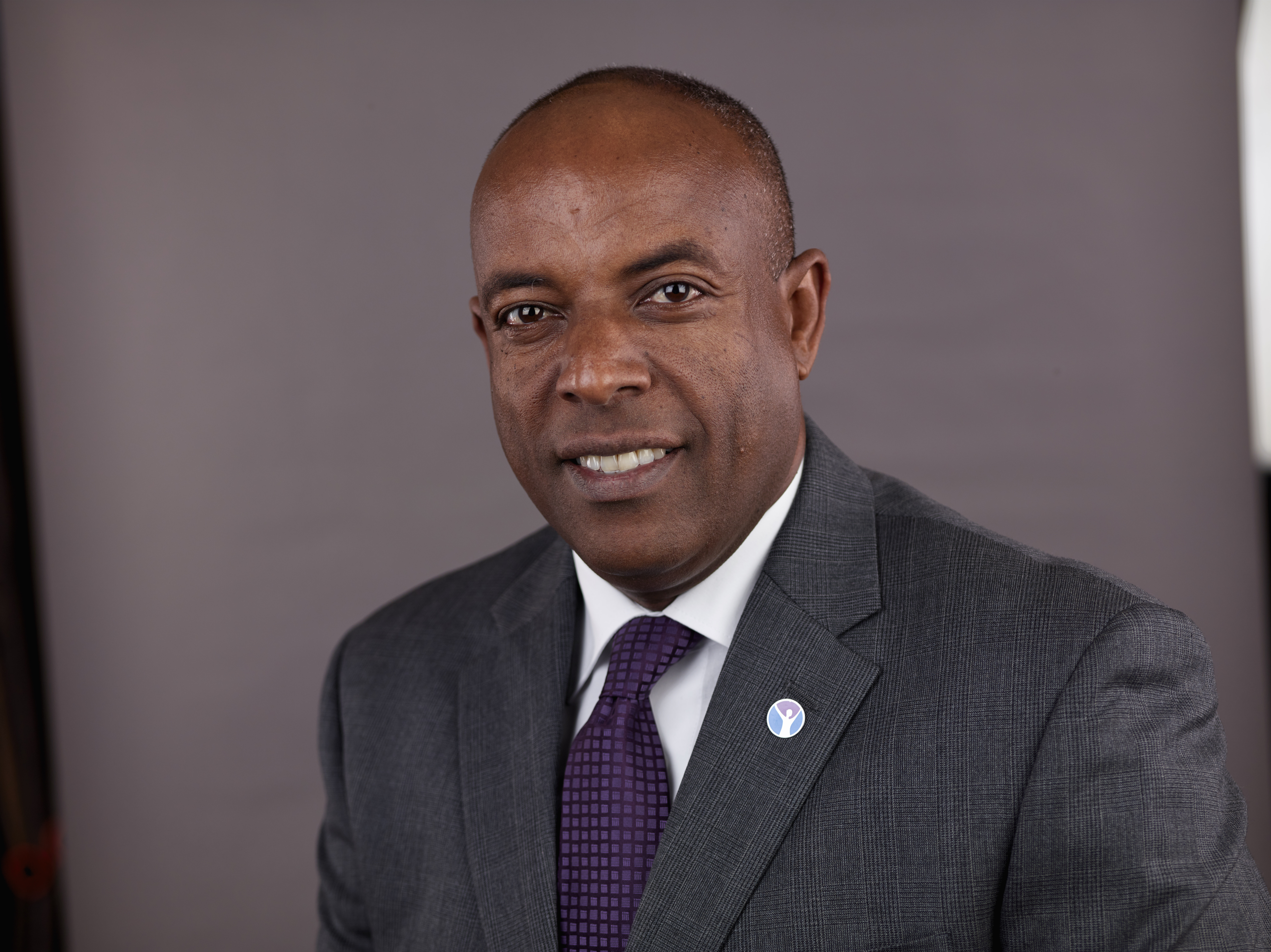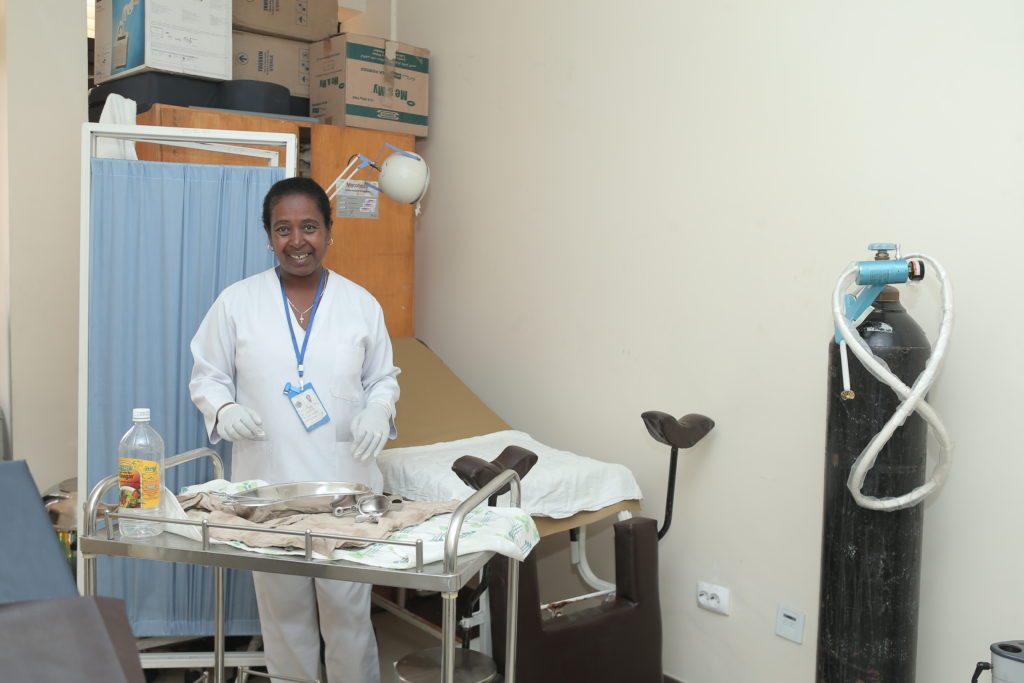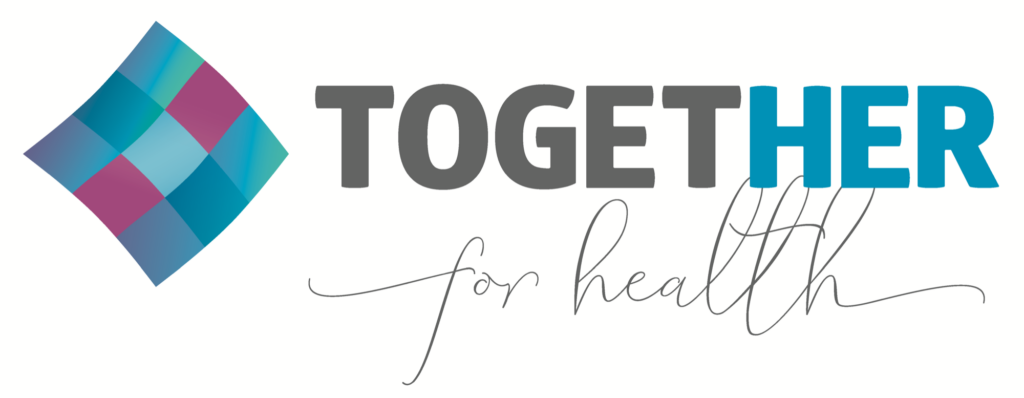The TogetHER Interview: Mengistu Asnake Kibret, Country Director for Ethiopia, Pathfinder International

November 12, 2020
The impact of COVID-19 on global cervical cancer prevention efforts has been wide-ranging, with unclear long-term ramifications. Our new TogetHER Interview series provides an opportunity for key leaders in global cervical cancer control to discuss current challenges and provide perspective on where the field needs to go from here.
This installment of the TogetHER Interview series features Dr. Mengistu Asnake Kibret, Country Director for Ethiopia, Pathfinder International.
Header photo credit: Ricardo Franco/Pathfinder International. Headshot photo credit: Pathfinder International.

How have you and your organization been impacted by and adapted to COVID-19?
As Pathfinder’s country director in Ethiopia, I will speak to how our work has been affected here. Most of what we do entails assisting the Ethiopian government to strengthen the health system in a way that prevents mothers and their children from dying preventable deaths. We do this through technical assistance, like training, mentoring, and supervising health providers. Travel restrictions, physical distancing, and fears of contracting the virus have hampered our ability to go about business as usual. Likewise, there are less people seeking essential health services, and resources have been diverted from routine health services to COVID-19 pandemic response.
COVID-19 has transformed the way we work. We have moved from face-to-face, large group meetings to online platforms and individual, on-site training within health facilities. We’ve ensured health providers have personal protection equipment, minimized contact between providers and there clients by lengthening the time between follow-up appointments, and advocated for the continuity of essential services. By dedicating specific resources to pandemic reponse, we’ve been able to assist with coordinating the response to COVID-19 across districts and communities, undertaking risk communication and community engagement, identifying and treating COVID-19 cases, and supporting the continuity of essential health services.
What concerns you most about women’s health in low-resource countries during the pandemic? What is your organization doing about it?
In low-resource settings such as ours, most women and adolescent girls have limited access to healthcare or encounter delays in receiving essential health services. Evidence from past pandemics indicates that the greatest threat to women’s health—and what drives most illness and death—is not the pandemic itself, but the closure of essential health services coupled with the fear of going to health facilities. In addition, lockdowns have closed schools and more women and girls are immobilized at home, exposing them to gender-based violence.

“Evidence from past pandemics indicates that the greatest threat to women’s health—and what drives most illness and death—is not the pandemic itself, but the closure of essential health services coupled with the fear of going to health facilities.“
Photo credit: Pathfinder International.

We have been training health providers in how to continue to do their work safely and effectively during COVID-19 pandemic. At the same time, we are increasing public awareness about COVID-19 risks and engaging communities in how to slow the spread of the virus. As a longtime partner of the Ministry of Health, we have been part of introducing national guidelines on maintenance of essential health services during the pandemic and supporting health providers to stay on the job.
How do you see cervical cancer prevention – the HPV vaccine and screen-and-treat – coming back after the pandemic? What can we do now to prepare for the resumption of services?
COVID-19 has significantly impacted global and national cervical cancer prevention and control efforts. In Ethiopia, school closures have resulted in the inability to reach adolescent girls with the HPV vaccine. With many women confined to their homes and widespread fear about contracting COVID-19, we are screening and treating less women for cervical cancer. Additionally, travel restrictions have hampered our ability to conduct in-person trainings and other activities with health providers and to build their skills in cervical cancer prevention and treatment.
Pathfinder uses virtual platforms to reach health providers with support in screening and treating pre-cancerous lesions. We have also been helping health providers to administer services safely, boosting clients’ confidence in the safety of health clinic visits. This work has targeted antireteroviral treatment clinics, as HIV-positive women are at increased risk for cervical cancer.
Pathfinder continues to use mass media to raise public awareness about the availability of essential services. These efforts will continue and include promotion of the HPV vaccine when schools reopen in the next few weeks. Lastly, Pathfinder has influenced the inclusion of cervical cancer prevention in Ethiopia’s national essential health services guidelines. The guidelines mandate the continuity of these services during the pandemic.
What is something you have learned during COVID-19 that makes you hopeful?
At the beginning of the pandemic, some were projecting the pandemic to have a huge effect on millions of lives in Ethiopia and overwhelm the health system. The panic that ensued initially resulted in resources being diverted from the continuity of essential health services to pandemic response. As time went on, however, we did not see the type of breakdown in the health system’s ability to provide routine services that was predicted. Experiences gained from other countries, emerging developments about pandemic response measures, coordinated efforts of development partners like Pathfinder, the gradual improvement of the government’s capacity to respond to the situation, and global solidarity allowed us to resume essential health care relatively quickly without huge consequences to health and well-being.
During this critical time, continued support from the global community and the coordination between in-country stakeholders and the government at all levels has been astonishing. This type of support and solidarity has allowed the Ethiopian government to enhance its emergency response capacity, take advantage of lessons from others, and build a more resilient health system to absorb future shocks.
Read more on Pathfinder International’s cervical cancer program in Ethiopia.
Read more about Pathfinder International’s response to COVID-19.
Interested in reading more TogetHER Interviews with leaders in the global cervical cancer response? Click here for the full list.

Dr. Mengistu Asnake Kibret is a public health physician with over 33 years of experience in clinical service, program management, training, and operation research, both with government and non-governmental organizations. He is currently the senior country director for Pathfinder International in Ethiopia. In addition, he is the chief of party for the $124 million USAID-funded Transform: Primary Health Care project, led by Pathfinder. Prior to joining Pathfinder, Mengistu worked at various levels of Ethiopia’s Ministry of Health and with different non-governmental organizations. In a voluntary capacity, he has served as the president of the Ethiopian Public Health Association, president of the World Federation of Public Health Association, and is a Paul Harris Fellow Rotarian. He has an MD from Gondar College of Medical Sciences, Addis Ababa University, and an MPH from Addis Ababa University.
